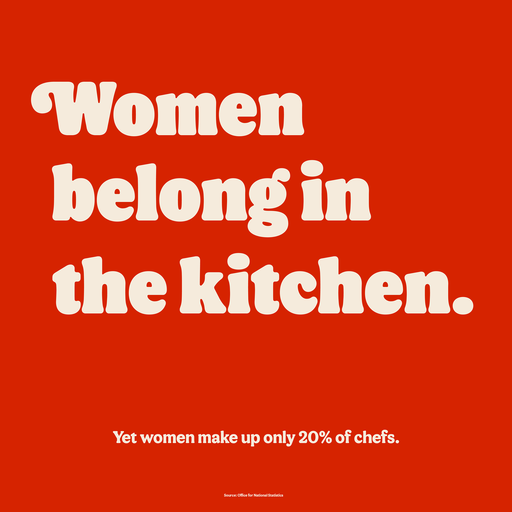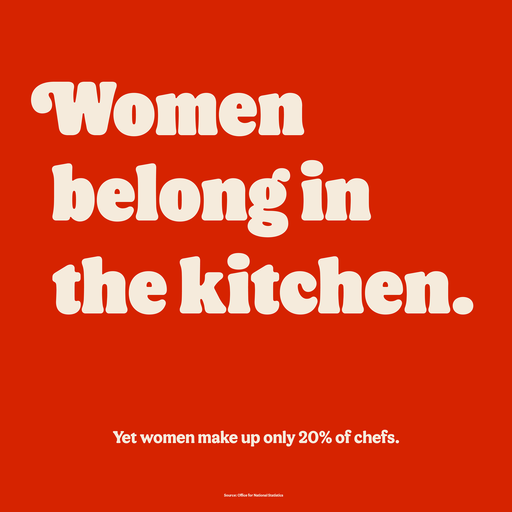Burger King UK caused an international uproar when they released a tweet on March 8 that stated, “Women belong in the kitchen.” A plethora of critics immediately shamed Burger King UK for imposing sexist ideals. Others used the tweet as an example of primitive, old ways of thinking that need to be forgotten and unmerited.
COURTESY // BURGER KING UK
Burger King UK made a half-hearted clarification that their tweet was supposed to promote their women’s culinary scholarship program which allows female employees to follow their culinary dreams. The clarification, however, did not stop Twitter users from getting the wrong message altogether. While their goal message may have been good-willed, the delivery was way off. It became apparent that Burger King UK was not putting out the right message when they responded to the backlash with, “We think it’s weird that women make up only 20% of chefs in the U.K. restaurant industry.” Whoever was posting these tweets must have thought everyone already heard about the scholarship program. If a Twitter user saw this tweet with no context, which was the case for many, they would have an excellent reason to assume Burger King UK was knowingly sexist.
Soon after Burger King UK released the initial tweet, they released an apology for the original sexist tweet, “We hear you. We got our initial tweet wrong, and we’re sorry. Our aim was to draw attention to the fact that only 20% of professional chefs in U.K. kitchens are women and to help change that by awarding culinary scholarships. We will do better next time.” While it seems like Burger King UK could have started by explaining their scholarship program, at least they later clarified that their initial tweet was supposed to help shed light on their desire to get more professional women in the industry.
Topics such as gender inequality, intersectionality, and racism have become hallmarks of this new decade. It is vital to be respectful, considerate, kind, and clear when communicating a message, especially in today’s political climate. If a major company does not follow these basic rules, there is bound to be a backlash of some sort. No company is safe from politically correct backlash; Dr. Seuss’s books, Aunt Jemima, and Pepe Le Pew were scrutinized because of their offensive content. Twitter users were entirely within reason to get mad at Burger King UK, and Burger King UK surely has to understand why this tweet caused such an uproar. Even though Burger King UK did apologize, this is not the first time an incident like this has happened.
With continually evolving news and the return to in-person activities, it seems no one is getting too hung up on one post. Nonetheless, Burger King should be better monitoring their content. This harmful and sexist language is still up on Burger King UK’s Instagram and being used in print ads. It must be questioned, was it actually unintentional, or was it using outrageous language to garner more media attention. Because the world is so diverse, it essential for companies to market themselves on these platforms as considerate and understanding. Burger King UK was ignorant and hurtful to many. A tweet like this is never ok, and Burger King UK will have to consult within their team to ensure their tweets are considerate in the future.




































